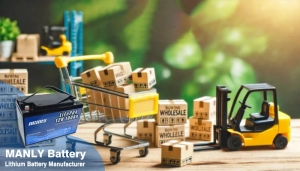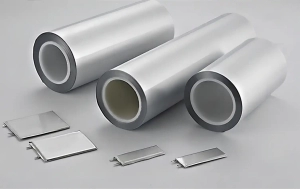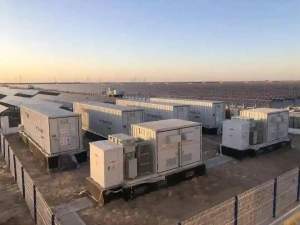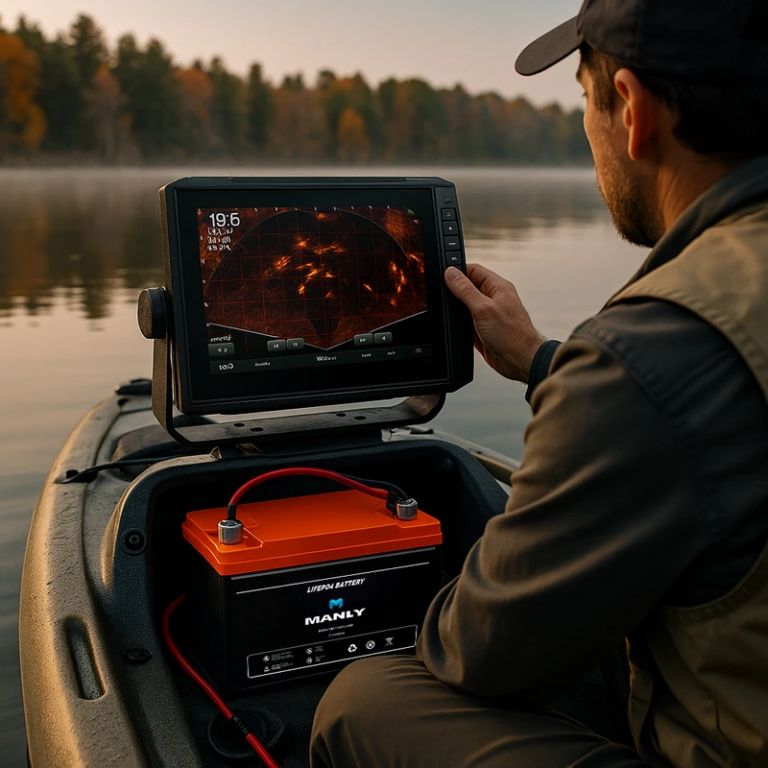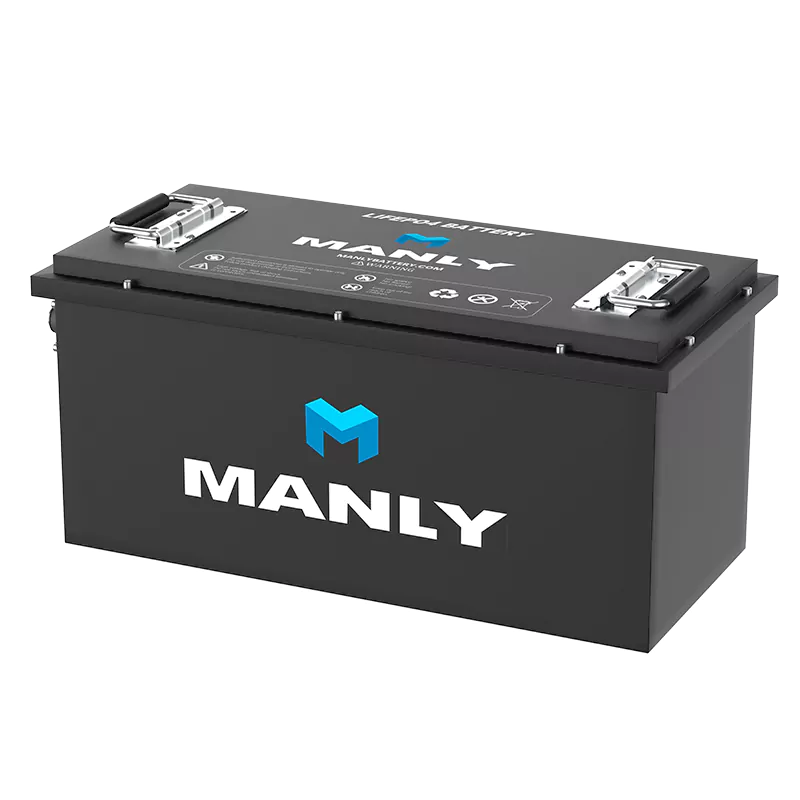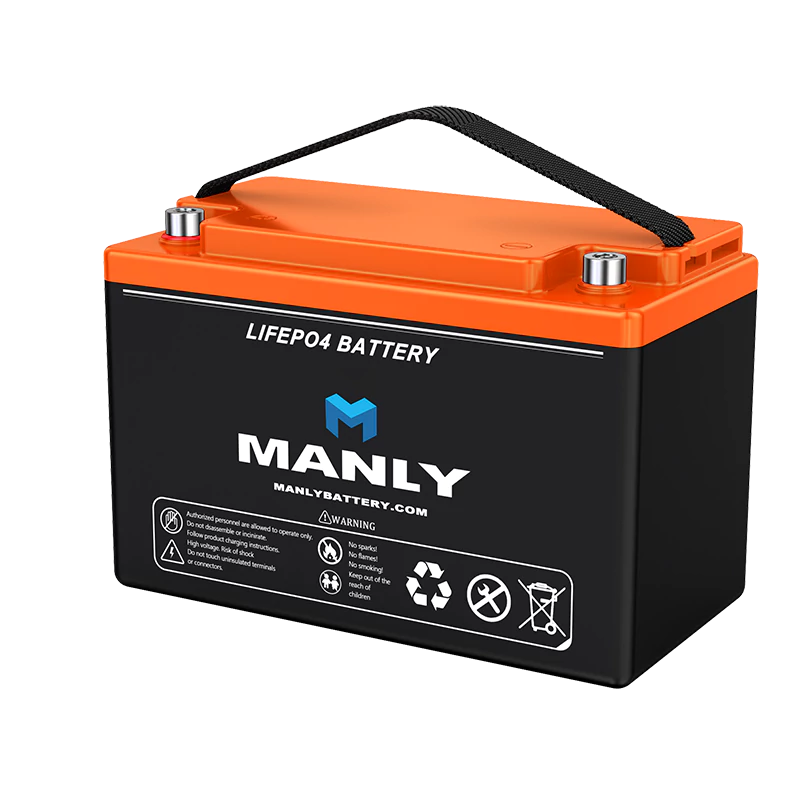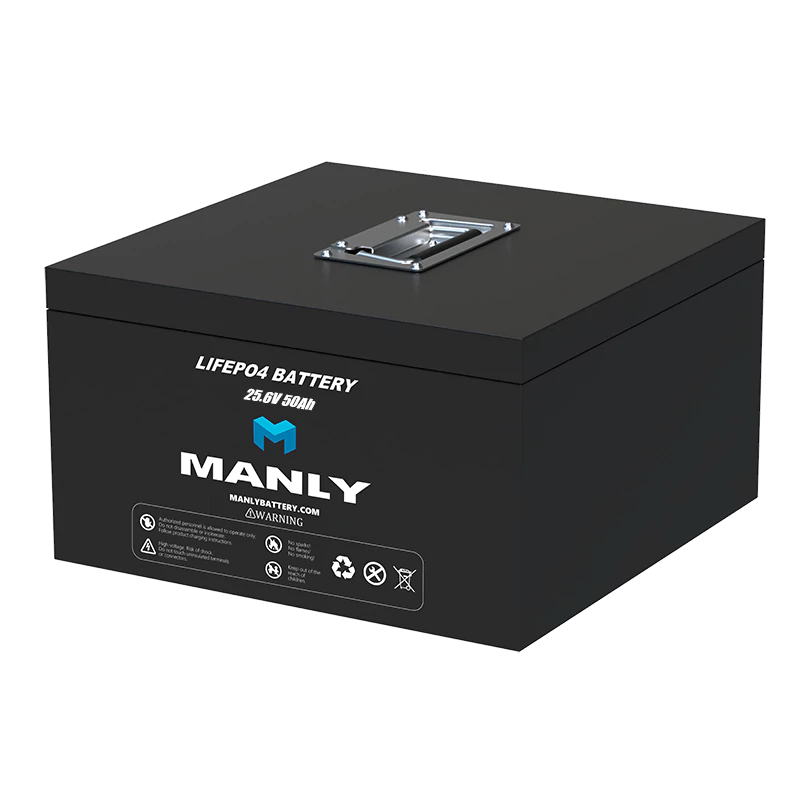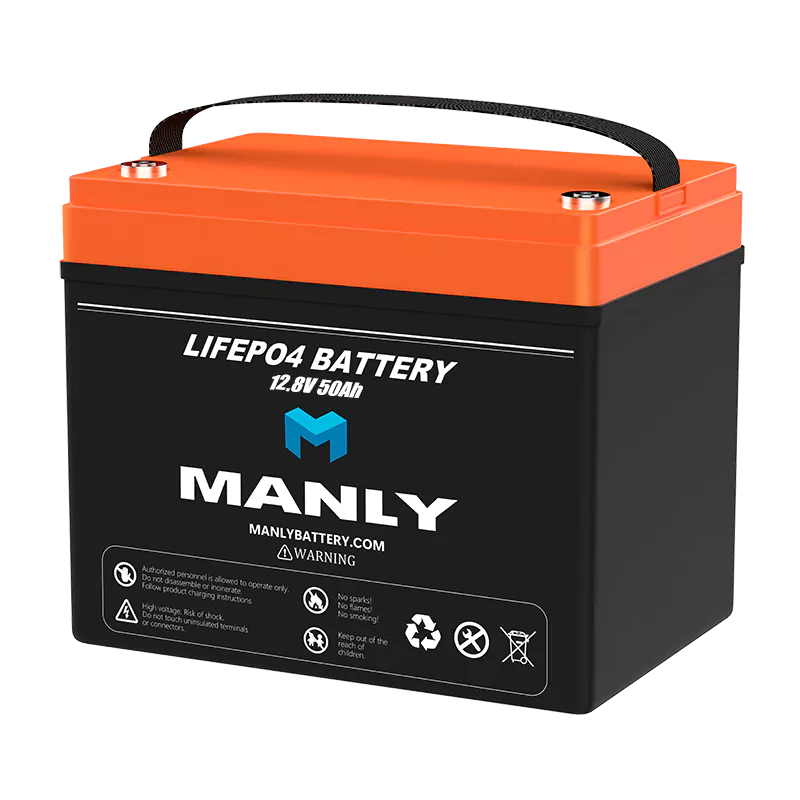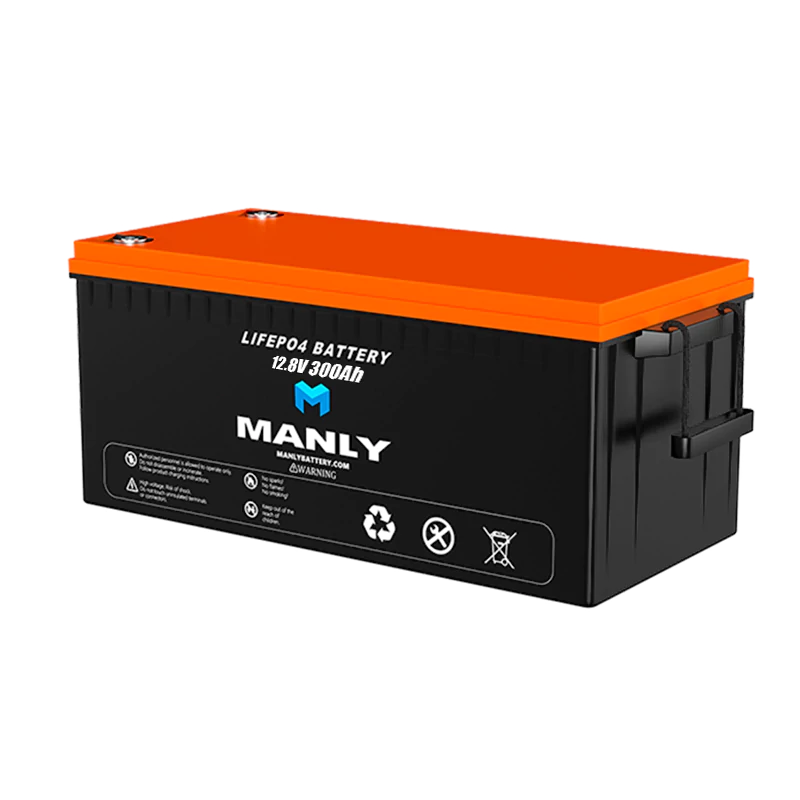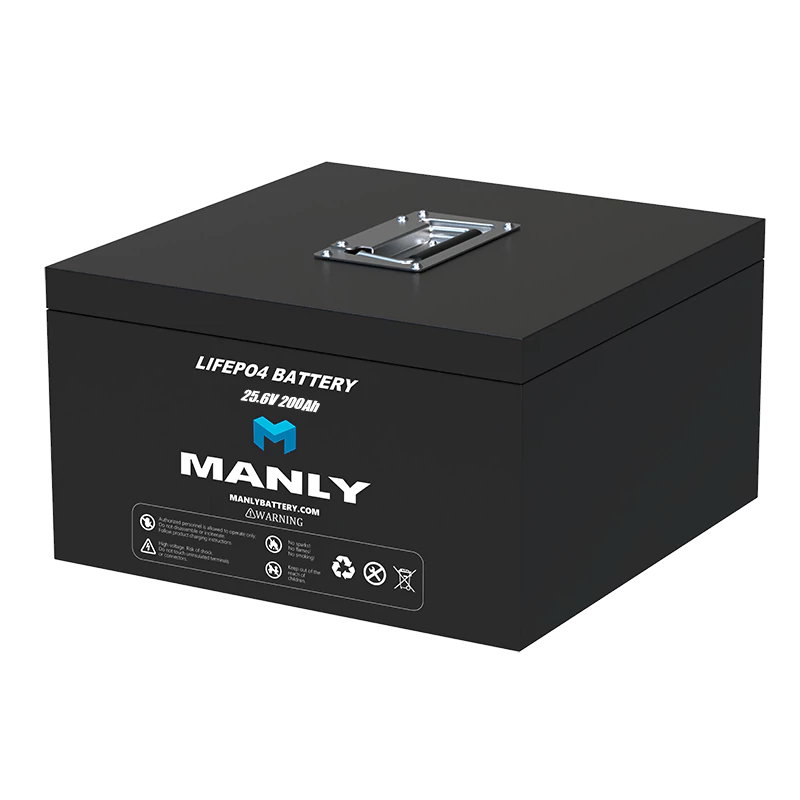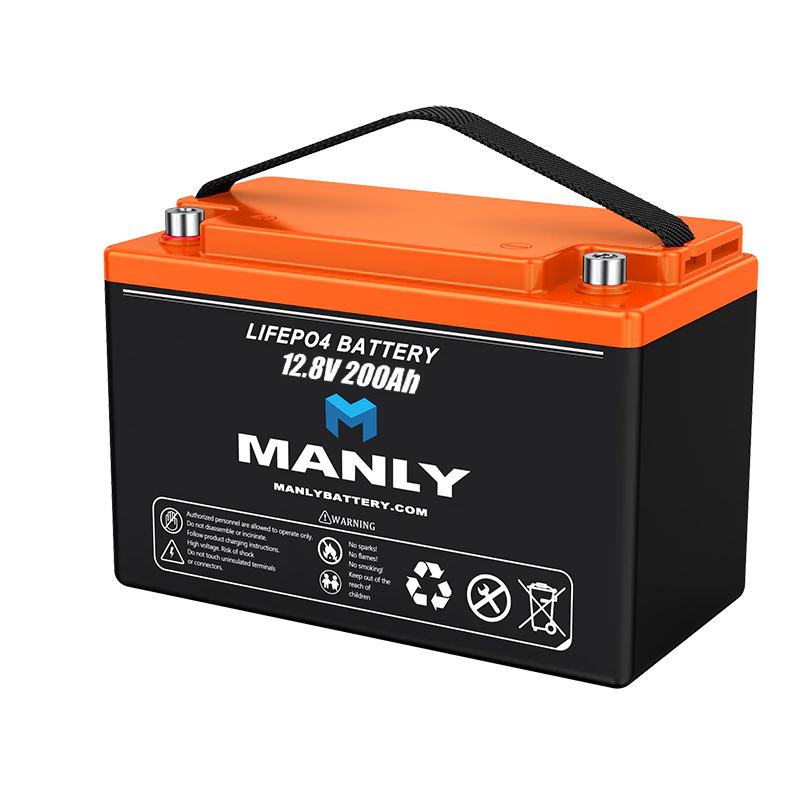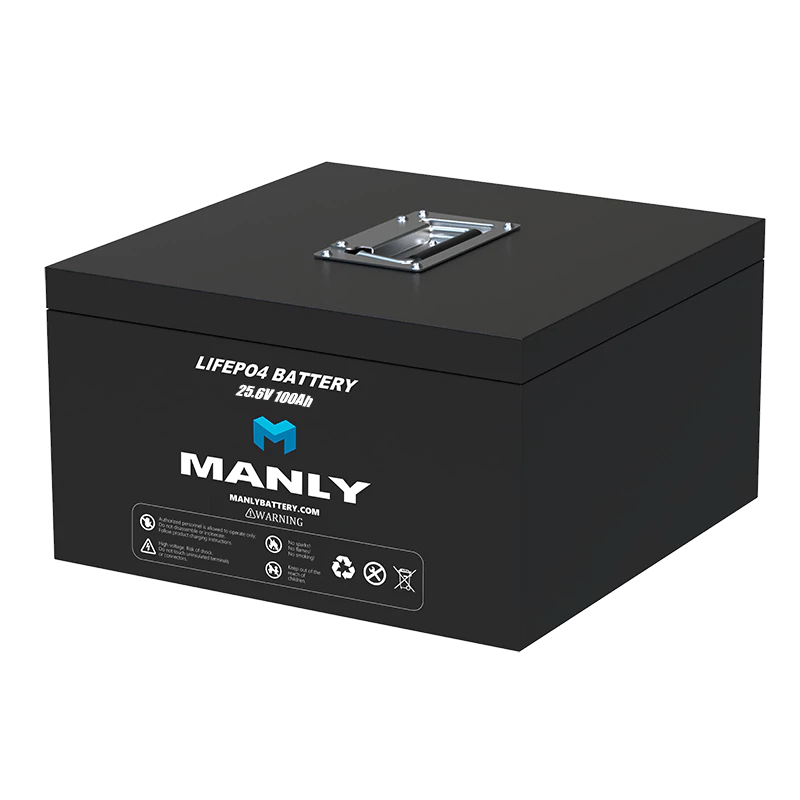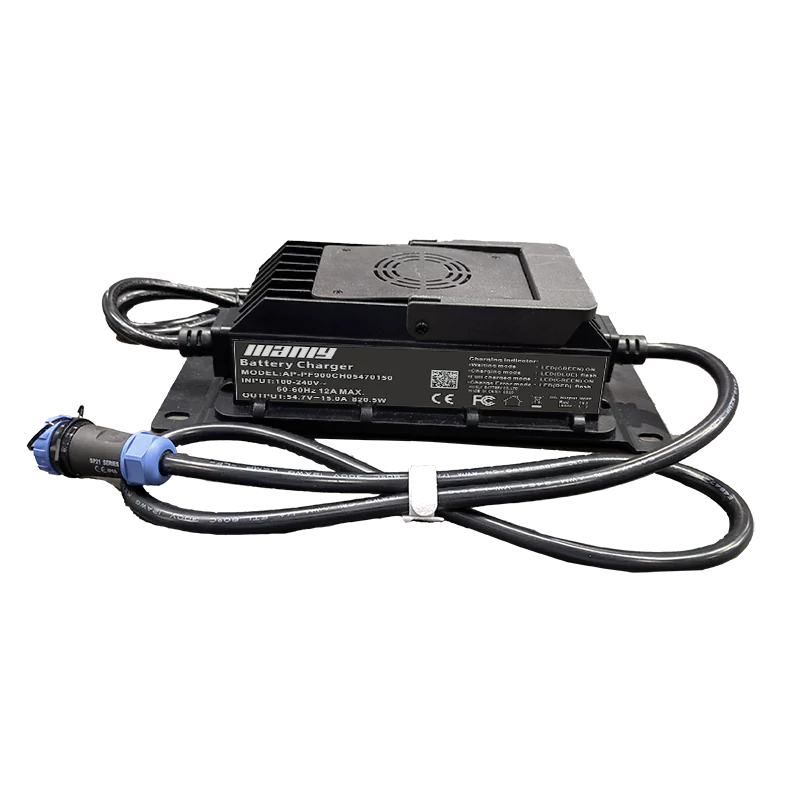2024 Qu'est-ce que le prix de gros par rapport au prix de détail
Table des matières
- 2024 Qu'est-ce que le prix de gros par rapport au prix de détail
- Prix de gros vs prix de détail : quelle est la différence
- Prix de gros vs prix de détail : quel est le meilleur pour votre entreprise ?
- Wholesale Price vs Retail Price: How Much Can You Save As a Retailer If You're Buying Wholesale?
- Trouver les bons fournisseurs en gros B2B pour les assembleurs de batteries au lithium
- Conclusion
- En savoir plus sur la batterie

Prix de gros vs prix de détail : quelle est la différence
When purchasing inventory, understanding the core differences between wholesale and retail pricing is crucial for businesses and consumers alike. These distinctions center around three primary aspects: price, quantity, and access.1. PrixLes prix de gros sont généralement inférieurs aux prix de détail car les grossistes vendent des produits en grandes quantités directement à la source. Cela permet aux entreprises d'obtenir un prix réduitprix de gros per unit, making it more economical for those who buy in bulk. Retail prices, on the other hand, include a markup to cover the additional costs of selling smaller quantities to consumers. This markup compensates retailers for operational expenses and offers the convenience of buying individual items, but it results in a higher cost per unit for customers.In the context of lithium batteries, businesses looking for prix de gros de la batterie au lithiumavantages peuvent permettre de réaliser des économies significatives en achetant directement auprès des grossistes. Cela leur permet de fixer un prix de détail compétitif pour les consommateurs tout en maintenant des marges bénéficiaires saines.2. QuantitéWholesale transactions typically involve large quantities. Wholesalers often require buyers to purchase dozens or even hundreds of units in a single order to access the wholesale prices. This bulk-purchasing model allows businesses to stock up efficiently and benefits wholesalers by moving inventory in significant volumes.Retail purchases, however, offer flexibility in quantity. Consumers can buy as little as one unit, making retail an accessible choice for those who only need a few items. While retail prices are higher, this convenience is ideal for individual buyers who do not require bulk quantities.3. AccèsWholesale pricing is usually reserved for businesses or industry professionals. Wholesalers may ask for proof of business credentials, such as a business license or tax ID, to grant access to wholesale price lists. This ensures that wholesale deals are primarily available to resellers, manufacturers, or businesses capable of handling larger inventory volumes.In contrast, retail is open to the general public. No special documentation is required, allowing anyone to purchase what they need at their convenience. This unrestricted access makes retail ideal for everyday consumers, despite the higher price per unit.Prix de gros vs prix de détail : quel est le meilleur pour votre entreprise ?
When deciding between wholesale and retail purchasing for your business, it’s essential to understand how each option affects your profitability and flexibility. Generally, buying at wholesale price provides better cost savings per unit, which is ideal for businesses looking to maximize profit margins. However, in specific situations, retail purchases can be the more practical choice, especially if you need only a small quantity or have immediate needs.For example, wholesale purchasing is highly advantageous for businesses that need to maintain a steady inventory. By buying in bulk, companies can access prix de gros de la batterie au lithium discounts, which significantly lower the per-unit cost. MANLY Battery, for instance, offers special pricing for bulk orders: orders below 200 batteries are sold at the standard rate, while purchases of 200-500 batteries receive a 5% discount, and orders over 500 batteries enjoy a 15% discount. This kind of pricing model is especially beneficial for industries that consume large quantities of lithium batteries, such as energy storage or golf cart manufacturing. With these battery wholesale prices, businesses can reduce overall expenses, allowing them to maintain competitive retail pricing for their customers while maximizing profit margins.On the other hand, retail purchasing can sometimes be more suitable, especially for quick or emergency replenishments. Imagine a business that sells lithium battery-powered devices and experiences an unexpected demand surge for a particular model. If the wholesale supply of that battery is delayed, the business may turn to retail suppliers to quickly restock a few units, even at a higher price. While retail prices cut into profit margins, this approach ensures customer satisfaction by keeping essential products available.However, relying on retail for frequent stock replenishment can erode profit margins significantly over time. A well-managed inventory system can help mitigate this by forecasting demand accurately, allowing the business to place bulk orders in advance and avoid last-minute retail purchases. Such systems enable businesses to maximize savings from wholesale price offers, ensuring inventory levels are sufficient to meet demand without incurring unnecessary retail costs.In summary, wholesale purchasing is generally better for businesses aiming for long-term cost efficiency, while retail purchasing can be a quick fix for immediate needs. Choosing the right approach depends on your inventory needs, budget, and how effectively you manage supply and demand.Wholesale Price vs Retail Price: How Much Can You Save As a Retailer If You're Buying Wholesale?
Purchasing at a wholesale price offers significant cost savings for retailers, though the exact savings vary widely by industry. Retail markup percentages differ considerably, so understanding the average markup in your specific sector can help estimate potential savings from buying wholesale.For instance, in industries like pharmaceuticals, retail markups can be extraordinarily high, ranging from 1,000% to 5,000%, making wholesale purchases highly beneficial by avoiding extreme retail markups. On the other hand, electronics generally have a lower markup of around 15-30%, so while wholesale still offers savings, the difference isn’t as substantial.Here’s an updated breakdown of average retail markups by industry, including lithium batteries:- Électronique: 15-30%
- Bijoux: 40-50%
- Meubles: 20-50%
- Vêtements: 100-300%
- Équipement sportif: 30-50%
- Médicaments: 1000-5000%
- Téléphones portables: 8-10%
- Batteries à lithium: 50-100%

